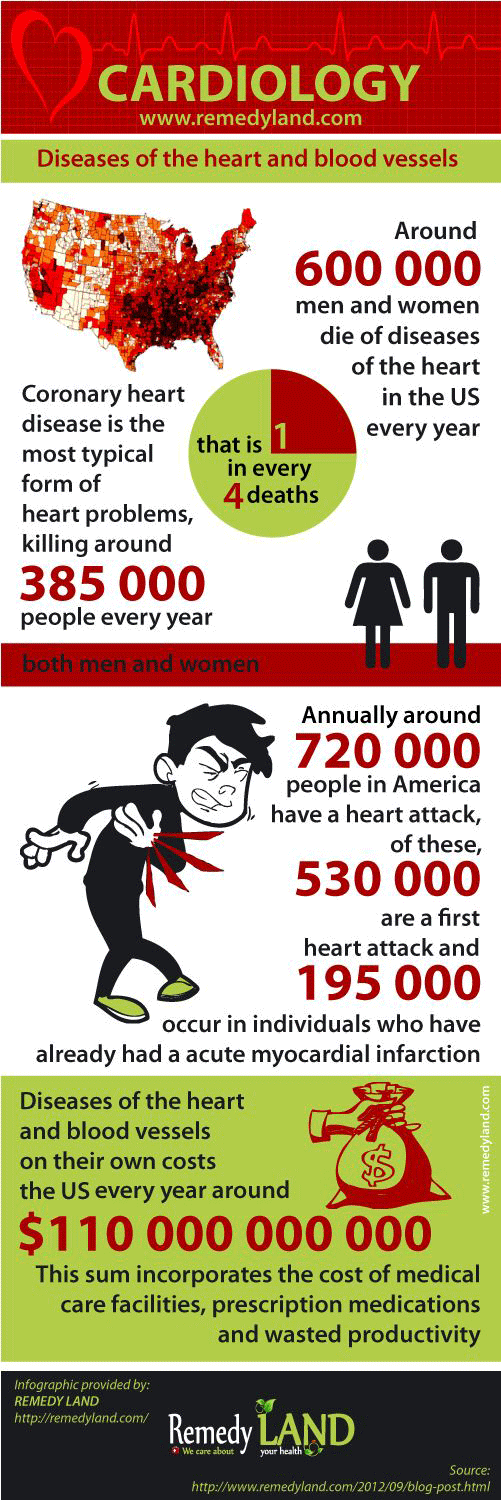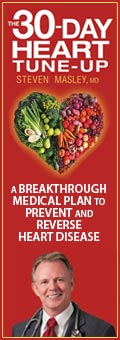CARDIOLOGY
Diseases of the heart and blood vessels are the most common modern diseases and the leading cause of death today. Prevention, early detection and treatment are of great importance and implemented by the internist – a cardiologist.
Who is affected by heart disease?
Unfortunately, heart disease can affect people at any age and from all walks of life. However, while the disease does not discriminate based on age or status, it is more likely to be found in certain groups of people than others. Since the disease is so prevalent, it is worth talking with your healthcare provider to determine if you are particularly at risk for developing heart disease.
Diseases of the heart and blood vessels:
- Ischemic heart disease (angina pectoris, acute myocardial infarction)
- Arterial hypertension – high blood pressure
- Arterial hypotension – low blood pressure
- Syncope – sudden, transient loss of consciousness
- Rheumatic fever
- Valvular heart defects (mitral stenosis, mitral regurgitation, mitral valve prolapse, aortic stenosis, aortic regurgitation, tricuspid stenosis, tricuspid insufficiency,pulmonary stenosis, pulmonary insufficiency)
- Myocarditis
- Cardiomyopathy (dilated cardiomyopathy, hypertrophic cardiomyopathy, restrictive cardiomyopathy)
- Pericarditis
- Heart failure
- Endocarditis
- Congenital (birth) heart disease
- Pulmonary heart
- Pulmonary embolism
- Heart rhythm disturbances
- Peripheral artery disease
- Diseases of the aorta
- Functional peripheral arterial disease
- Diseases of veins
The most common symptoms of diseases of the heart and blood vessels:
- Palpitations (heart pounding, skipping, etc.).
- Precordial pain (pain behind the breastbone)
- Dyspnea (feeling of shortness of breath, wheezing)
- Cough
- Nikturia (frequent urination at night)
- Claudication (limping, limping because of pain and weakness in the lower legs)
- Dyspepsia (loss of appetite, nausea, feeling of fullness after meals, abdominal bloating)
- Constipation – Pain in the liver area (under the right rib cage)
- Jaundice
- Cough
- Hemoptysis (coughing up blood)
- Syncope (transient loss of consciousness)
- Other symptoms:
- Weight Loss
- Weight gain (water retention and creation of islands)
It is vital that if you are experiencing any of these symptoms you contact the closest healthcare provider immediately.
The sooner you seek treatment, the more likely you are to make a full recovery. You certainly do not want to risk further damaging your heart and oxygen supply by attempting to wait out symptoms like these.
Diagnosis of heart disease:
A cardiologist discuss with the patient about problems, clinical examination and additional diagnostics.
The most commonly used methods include:
- ECG
- RTG heart and lungs
- ECHO heart (ultrasound of the heart)
- Holter ECG
- Holter TA
- Ergometry (exercise test)
Coronary Diagnosis of diseases of the blood vessels:
- Besides history (discussion with the patient about the problems) and clinical examination we can apply additional diagnostics:
- Color Doppler vascular
- Angiography
- Plethysmography
- Nuclear scintigraphy and others.
The Complications of Heart Disease
Heart disease is obviously a serious issue of concern for people of all ages and races. If a person suffers from heart disease and does not have his or her symptoms treated as soon as possible, he or she will be more apt to suffer from these sorts of complications. For example, when someone suffers a heart attack, he is suffering from a lack of oxygen being delivered to his heart. This can be the result of a number of forms of heart disease, but it usually results from the most common form, coronary artery disease.
This disease is often characterized by a blockage in the arteries responsible for delivering vital oxygen to the heart or by a hardening of the arteries caused by other factors. When treatment is delayed, and unfortunately sometimes even with proper treatment, the heart can suffer a certain amount of damage. When the heart lacks oxygen, parts of the heart muscle may begin to die. This can lead to reduced functioning of the heart and lead to other complications.
You may also like:
- Cardiac tamponade
Cardiac tamponade is a rare life-threatening complication in which there is accumulation of fluids, blood, clots, or gases in the pericardial space.
- Arteriosclerosis | Arteriosclerotic heart disease
Arteriosclerotic heart disease or coronary artery atherosclerosis is the most common underlying cause of cardiovascular events and death.
- Angina pectoris – (“My heart hurts”)
Tightness or pressure as pain, retrosternal or easy to left (heart hurts). Angina pectoris occurs quickly during exertion, can extend and lose after the break.




